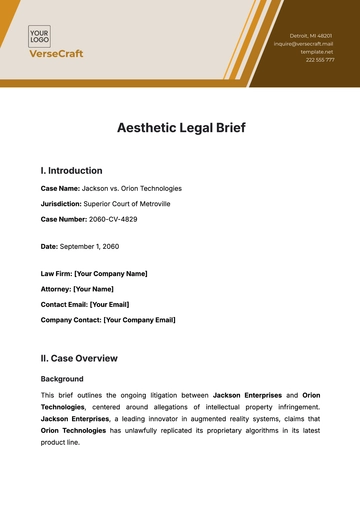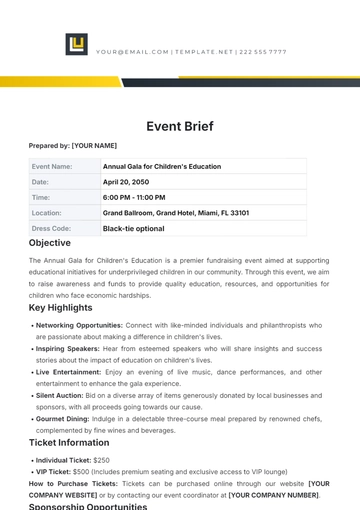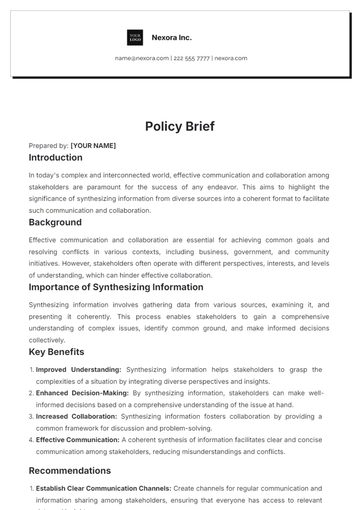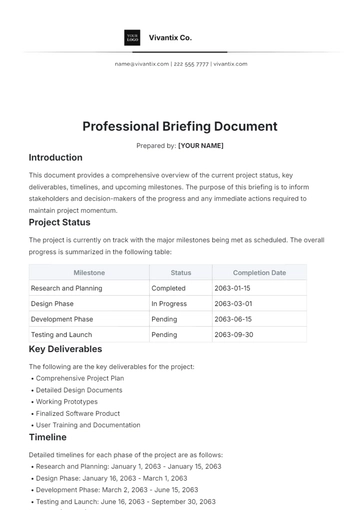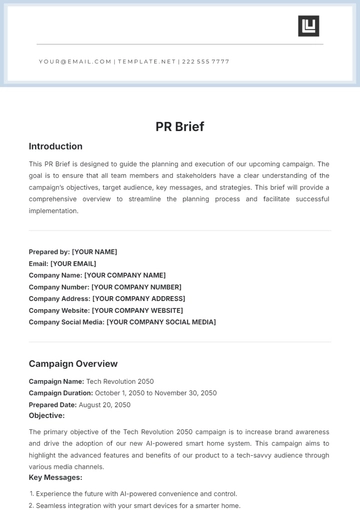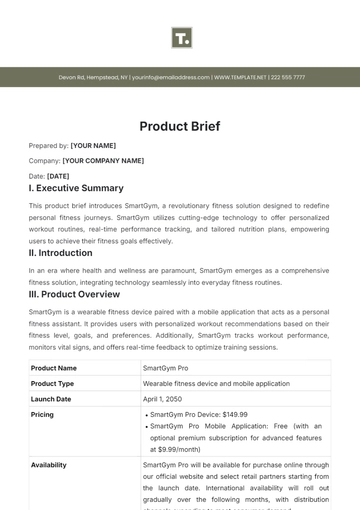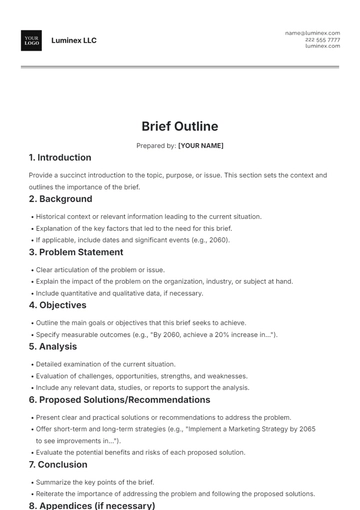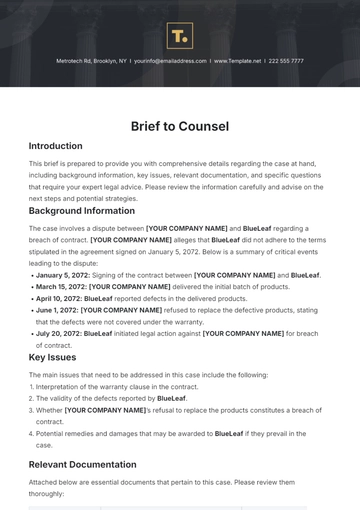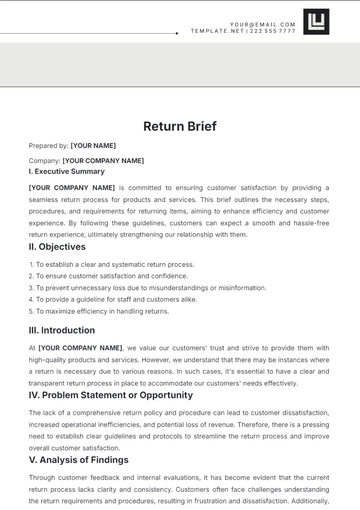Free Tennessee v. Garner Case Brief

I. Case Citation and Jurisdiction
Case Name: Tennessee v. Garner
Citation: 471 U.S. 1 (1985)
Court: Supreme Court of the United States
II. Facts
a. Background:
Police officers responded to a burglary call.
A fleeing suspect, Edward Garner, was shot and killed by a police officer.
b. Key Facts:
Garner was unarmed.
The officer used deadly force to prevent the suspect's escape.
c. Procedural History:
The District Court ruled in favor of the police officer.
The Court of Appeals reversed, holding the use of deadly force unconstitutional.
III. Issues
Main Issue:
Whether the use of deadly force to prevent the escape of an apparently unarmed suspected felon violates the Fourth Amendment's prohibition against unreasonable seizures?
IV. Arguments
a. State's Argument:
The use of deadly force is justified if the officer has probable cause to believe the suspect poses a significant threat of death or serious physical injury to the officer or others.
b. Garner's Argument:
The use of deadly force against an unarmed suspect who does not pose a threat violates the Fourth Amendment.
V. Legal Precedents
Tennessee v. Garner (1985):
The Supreme Court held that the use of deadly force against an unarmed suspect was unconstitutional.
VI. Court Decision
The Supreme Court ruled 6-3 in favor of Garner, holding that the use of deadly force against an unarmed suspect fleeing a burglary violates the Fourth Amendment.
VII. Impact
a. Legal Precedent:
The case set a precedent for the use of deadly force by law enforcement officers.
b. Policy Implications:
Led to changes in police policies and training regarding the use of deadly force.
VIII. Conclusion
a. Summary:
Tennessee v. Garner was a landmark case that established the standard for the use of deadly force by law enforcement officers.
b. Significance:
The case highlighted the need to balance law enforcement interests with the protection of individual rights under the Fourth Amendment.
- 100% Customizable, free editor
- Access 1 Million+ Templates, photo’s & graphics
- Download or share as a template
- Click and replace photos, graphics, text, backgrounds
- Resize, crop, AI write & more
- Access advanced editor
This Tennessee v. Garner Case Brief Template offered by Template.net offers a concise format for case briefing. Editable in our Ai Editor Tool, it enables users to capture case details accurately. Customizable to fit individual preferences, it enhances efficiency in summarizing key aspects of the case for analysis and review.






